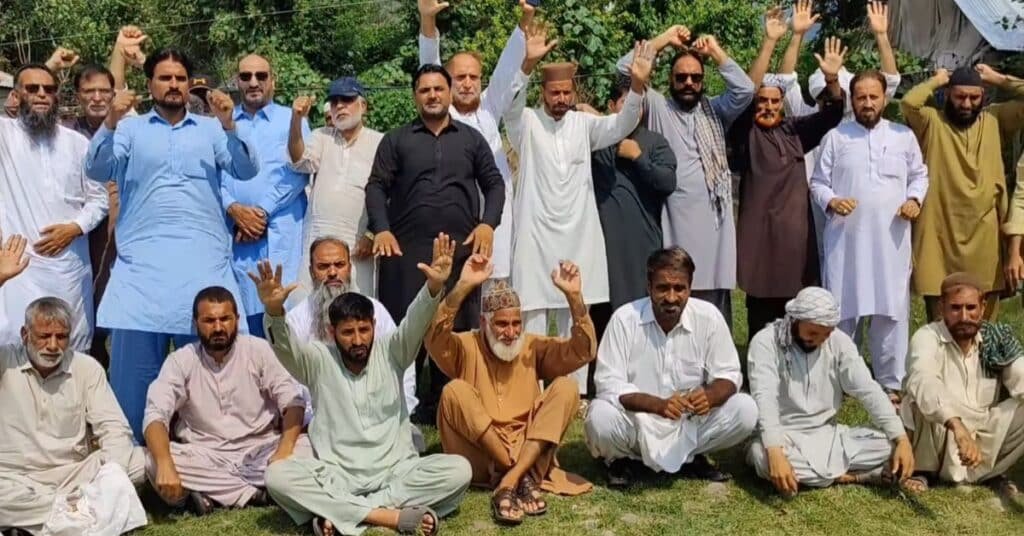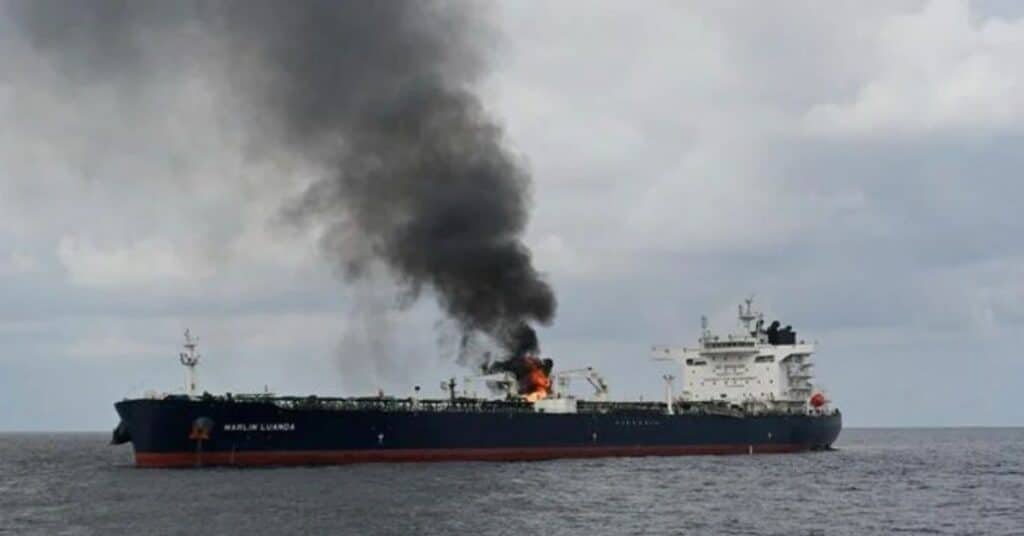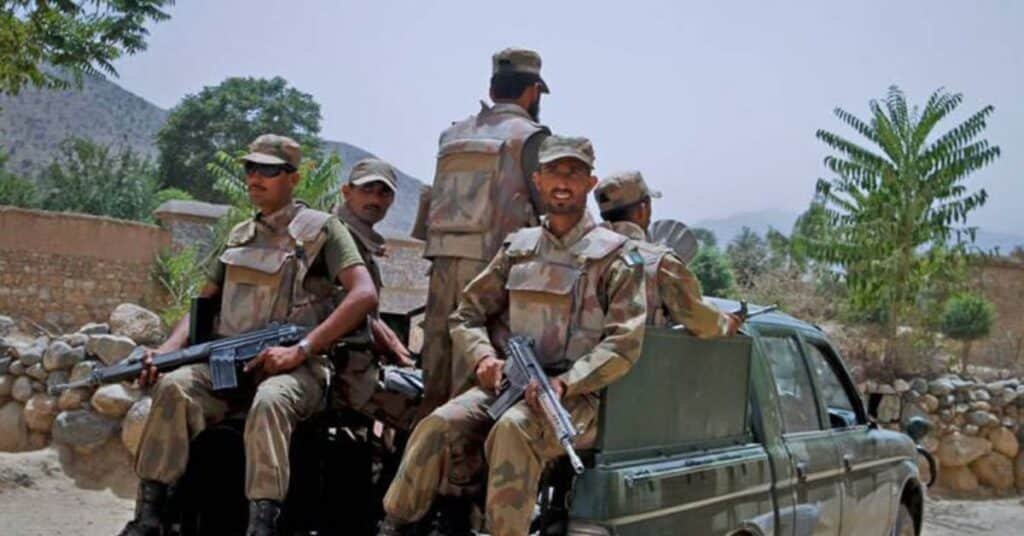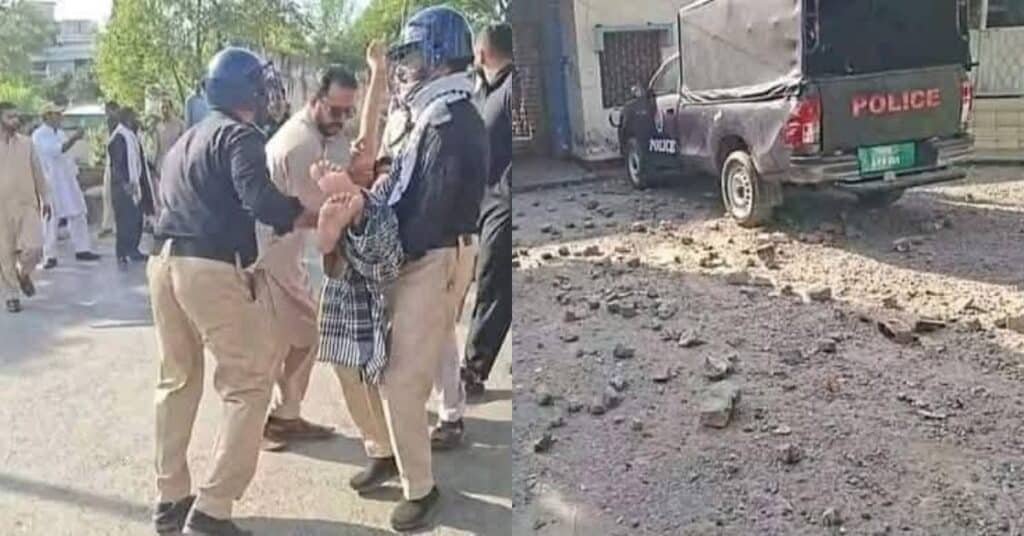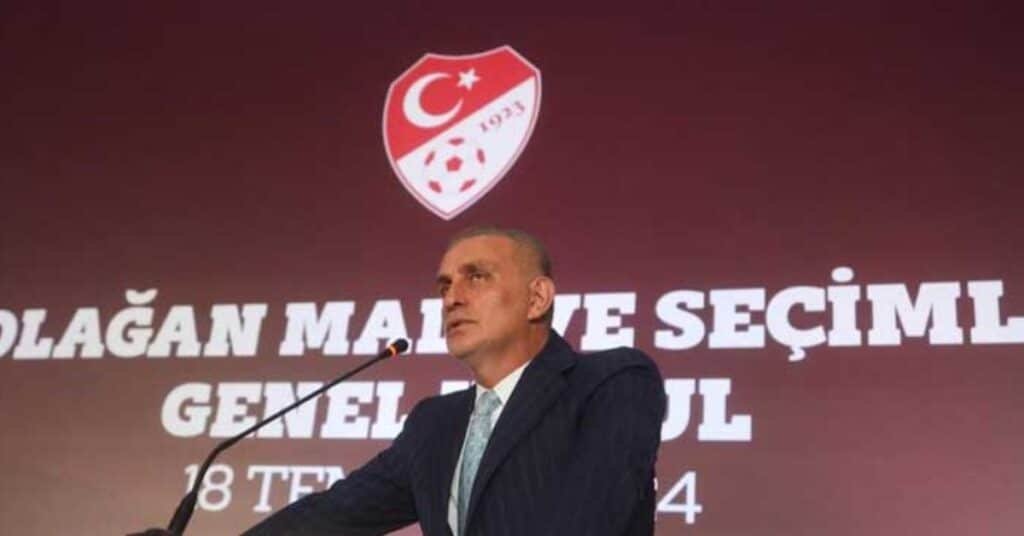BAGH (Kashmir English): The post-1989 refugees of Jammu and Kashmir have announced a peaceful protest movement against what they term as decades of exploitation by the Azad Jammu and Kashmir (AJK) government.
The decision came during an important meeting of the Refugees Working Committee, held at the migrants’ settlement at Chattar No. 2, Bagh District.
The meeting saw strong condemnation of the AJK government’s treatment of the migrants who, according to the speakers, sacrificed everything for the Kashmir Freedom Movement.
The migrants’ leadership called on the “base camp” government to refrain from resorting to arrests or suppression of the movement, and instead fulfill its long-ignored responsibilities toward the refugees.
Speaking at the gathering, refugee leaders said that the AJK government, established in the name of the Kashmir Freedom Movement, has been continuously exploiting the Migrants of 1989 for the past 36 years.
They said that the heirs of martyrs, prisoners, injured victims of Indian aggression, and the general migrant population have never been a priority for successive governments in the region.
The speakers painted a grim picture of the refugee camps, highlighting the dirty and deteriorating conditions even after more than three decades. They noted that many refugee families are still forced to live in shelters, slums, or rented houses on two to three marla plots due to the government’s failure to provide them proper housing or land ownership.
The speakers said that the base camp government is practically giving one-time bread to the refugee families in this difficult time of current inflation. “It is practically not possible for the refugee families to survive on the very meager subsistence allowance.”
Due to financial difficulties, children’s education, medical treatment, house rent, food, and other expenses have become out of reach. They said that it is regrettable that despite the announcement of the Prime Minister of Azad Kashmir, the subsistence allowance has not been increased.
Condemning the unfair treatment, the leaders alleged that the government appears to treat the refugees as second-class citizens. They cited a lack of clean drinking water, absence of schools and healthcare centers, and the failure to build a proper sewage system in the refugee settlements, all contributing to deteriorating living standards.
The meeting expressed serious concern over the unemployment of educated youth and the non-implementation of the six percent quota. The leaders termed the non-allocation of quota in all departments and the non-allocation and non-advertisement of posts from scale one as a direct blow to employment.
One of the most strongly voiced grievances was the lack of representation of the 1989 migrants in the AJK Legislative Assembly, which the leaders said is a denial of democratic rights. They also denounced the bureaucratic obstacles in the renewal of ID cards, the denial of domicile certificates, and the lack of full citizenship rights for the migrants.
The speakers issued a clear warning that if their Charter of Demands is not addressed promptly, they will be compelled to intensify their protest movement. They held the AJK government fully responsible for any consequences arising from its failure to act.
The meeting was attended by Ameer of Refugees Kashmir 1989 Uzair Ahmed Ghazali, Naib Umra Muhammad Latif Lone, Advocate Mahmood Akhtar Qureshi, Secretary General Gohar Ahmed Kashmiri, Chief Coordinator Irshad Ahmed Butt, Chief Organizer Ghulam Hassan Butt, Spokesperson of Refugees Raja Muhammad Arif Khan, Deputy Secretaries General Chaudhry Muhammad Altaf, Javed Ahmed Minhas, Secretary Finance Manzoor Iqbal Butt.
The meeting was attended by senior members of the Working Committee, Chaudhry Abdul Wahid, Muhammad Iqbal Awan, Imtiaz Ahmed Butt, Muhammad Shafi Kashmiri, Muhammad Akshir Awan, Chaudhry Abdul Hameed, Chaudhry Ghulam Muhammad, Muhammad Afzal Naik, Iqbal Yasin Awan, Muhammad Atif Lone, Syed Hamza Shaheen, Siddique Dawood, Syed Abdul Rahim Shah, Muhammad Fayyaz Khan.
The presidents of the five refugee settlements within the limits of Bagh District, elected councilors, and members of the Working Committee also attended the meeting.
